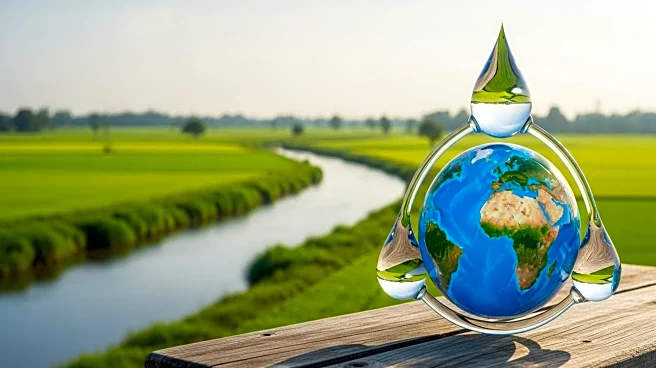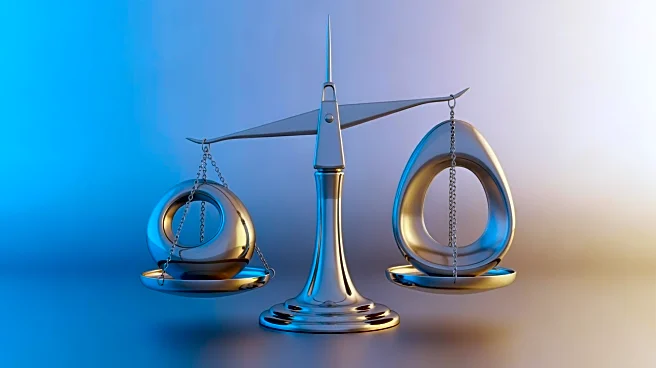What is the story about?
What's Happening?
Iran has officially become a member of the Global Framework on Water Scarcity in Agriculture (WASAG), an initiative spearheaded by the Food and Agriculture Organization of the United Nations (FAO). The membership was finalized in August 2025, following consultations and through Iran’s Permanent Representation to FAO in Rome. This development was announced during the 13th Annual Plenary Assembly of FAO’s Global Soil Partnership in Italy, where Iran’s Deputy Minister for Water and Soil met with Li Lifeng, Director of FAO’s Land and Water Division. The meeting underscored the importance of enhancing technical cooperation and utilizing existing capacities to promote sustainable water and soil management in Iran. Lifeng acknowledged Iran’s rich agricultural heritage and the qanat system as examples of indigenous knowledge, welcoming the expanded collaboration.
Why It's Important?
Iran's membership in WASAG is significant as it marks a milestone in technical cooperation with FAO, potentially enhancing Iran's technical expertise and creating new opportunities for specialists. This move is expected to strengthen Iran's role in international forums and contribute to global efforts in addressing water scarcity challenges. By joining WASAG, Iran aligns itself with 76 other countries and international organizations focused on developing policies and solutions to improve water use in agriculture, which is crucial for safeguarding global food security. This collaboration could lead to advancements in sustainable agricultural practices, benefiting both Iran and the broader international community.
What's Next?
As a member of WASAG, Iran is likely to engage in further technical exchanges and collaborative projects aimed at addressing water scarcity in agriculture. This could involve sharing its indigenous knowledge and practices, such as the qanat system, with other member countries. Additionally, Iran may participate in developing and implementing policies that enhance water management and agricultural sustainability. The collaboration could also open doors for Iran to access new technologies and methodologies that improve water efficiency, ultimately contributing to its agricultural productivity and resilience against climate change.















